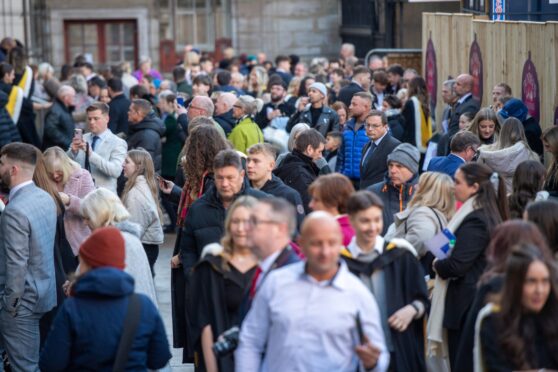Another day, another ridiculous political photoshoot.
This time it was Dundee City Council leader John Alexander at the opening of Dundee’s new Urban Beach.
Which spin doctor told him it was a good idea to pose on a deckchair wearing a charcoal suit, shirt and tie and canary yellow sunglasses?

It led a witty friend of mine to ask if Mr Alexander is angling for the post of Scottish Liberal Democrat leader. Readers will remember the recently-resigned Willie Rennie loved nothing better than a photo opportunity, at various points being snapped wrestling a sheep, trying karate, water-skiing and, on one memorable occasion, in front of two energetically rutting pigs.
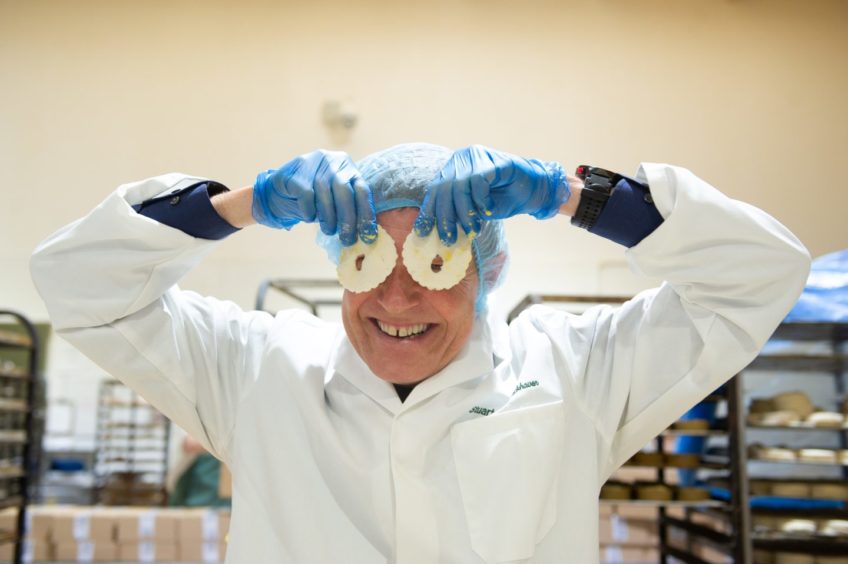
Surely a pair of shorts and a t-shirt could have been found for Mr Alexander. But then I would be sitting here writing about how ridiculous it was that a politician changed into shorts for a pointless photo op before immediately jumping back into his suit and tie.
You just can’t win sometimes.
City on the up
What is winning, partially at least, is Dundee. I moved here as a student in the 1990s when it was a completely different city. The old concrete Overgate, an ugly hotel, swimming pool and casino on the river banks, Tayside house, a general sense of decay and malaise.
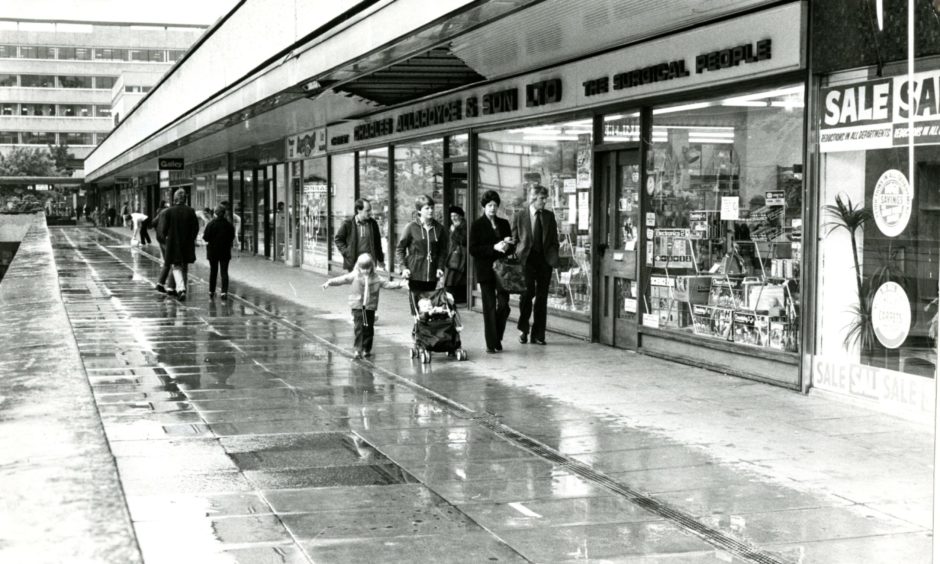
There were early victories – most notably the new Overgate and the DCA. Slowly restaurants and cafes began to improve. But it wasn’t until the V&A was conceived, planned and – against all expectations – realised that things really changed. Dundee seemed to remember it was once among the wealthiest trading ports of Europe, that it has the best riverside setting in Britain, and a young, creative population of students, scientists and video game designers.
With the Urban Beach another piece of the waterfront puzzle has fallen into place. The next milestone will be the conception, planning and – no doubt against all expectations – realisation of the Eden Project in Dundee.
It’s all quite wonderful and heartening.
Heart of darkness
I did say Dundee was only partially winning, however. Cities are like oil tankers and it will take more than a waterfront makeover – even an astonishing billion pound one – to turn Dundee’s fortunes around.
Another very small step was taken this week when new data revealed Dundee had lost its unenviable crown as the drug death capital of Scotland.
Although drug deaths in Scotland increased, drug deaths in Dundee fell from 72 to 59. That knocked Dundee off the top spot of drug deaths per 100,000 population, with that crown now being worn by Glasgow.
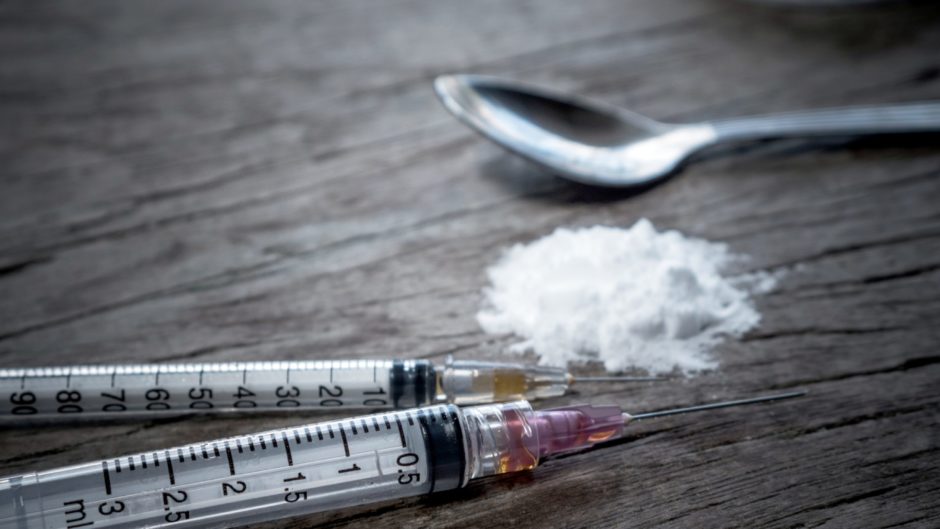
That’s still not good enough. In 1997, the year after I moved to Dundee, the city was objectively a more rotten place than it is now. It was uglier. Unemployment was higher. Every underpass smelled of wee and there was no place to get a decent coffee.
Yet that year there were only 23 drug related deaths across the whole of Tayside – that’s Perthshire and Angus as well as Dundee. Last year Tayside registered 105 drug deaths, with the reduction in Dundee partly offset by an increase in Perthshire.
In 1997 there were 263 drug deaths in Scotland. In 2020 there were 1,339. That’s 1,076 more dead people in what should be a better age.
I don’t know what’s caused it. Conservatives will say 14 years of SNP government. SNP supporters will say 18 years of Conservative government. Some will say poverty, and it no doubt plays a role. Others will say poor personal choices, and there may be an element of that – though those who blame the users often have little understanding of the chaotic, hellish upbringings many of them had.
Drugs and criminality
Whatever the reason, one truth is plain. We’ve tried treating drug addiction as a criminal issue and that hasn’t worked. If anything it’s made things much worse. It’s now time to treat drug addiction as a health issue.
Should it be illegal for people to sniff, snort, swallow or inject something that makes them feel good, even if they know it does them harm? Last night I had two beers and a whisky. They made me feel good even though I know they do me harm.
The point is I didn’t have to visit some guy in a dodgy block of flats in the Hilltown to get those beers, and I know they haven’t been cut with something that will make me collapse and end up in hospital or dead.
Should we cut the link between drug addiction and prostitution, murder, mugging, housebreaking and shoplifting?
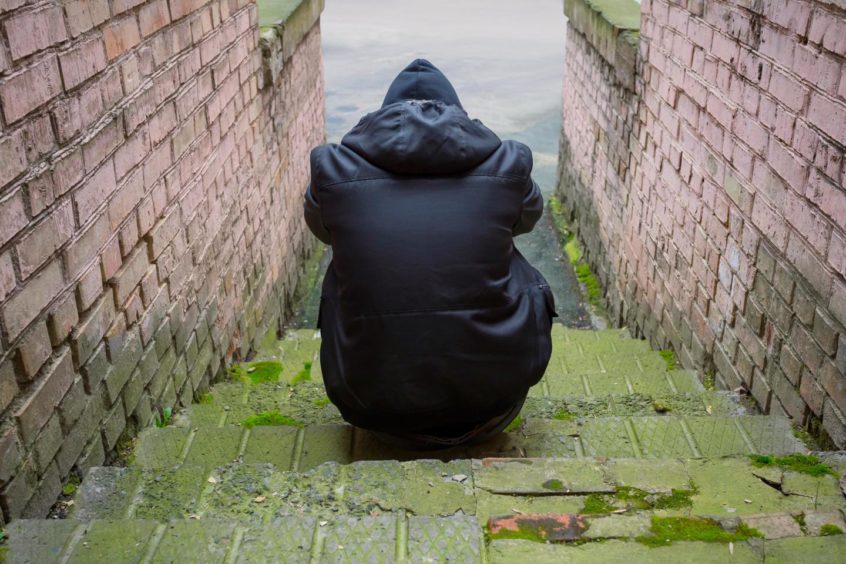
In the 1980s and 90s Portugal was in the grip of a heroin epidemic. The country reacted by decriminalising drugs in 2001. Since then drug addiction has decreased, the prison population has fallen, drug related crime has gone down and – most importantly – the number of drug deaths has plummeted. Other countries that have snapped the link between drug addiction and criminality have seen similar outcomes.
We’ll never reduce drug use to zero. Decriminalisation, safe consumption rooms, accessing drugs through means other than the aforementioned guy in a dodgy Hilltown flat, more treatment and support, and reducing the stigma of being an addict will all help make inroads into one of the grimmest problems of our time.
Queen consents to special treatment
Speaking of grim problems, it’s heartening the Scottish Government is looking to fight global warming by installing pipelines around the country to increase the use of renewable heating. Landowners in Scotland will be required by law to facilitate this.
What isn’t heartening, however, and indeed has me quite heated, is that the Queen has somehow made herself exempt from this requirement, using an obscure mechanism called the Queen’s Consent.
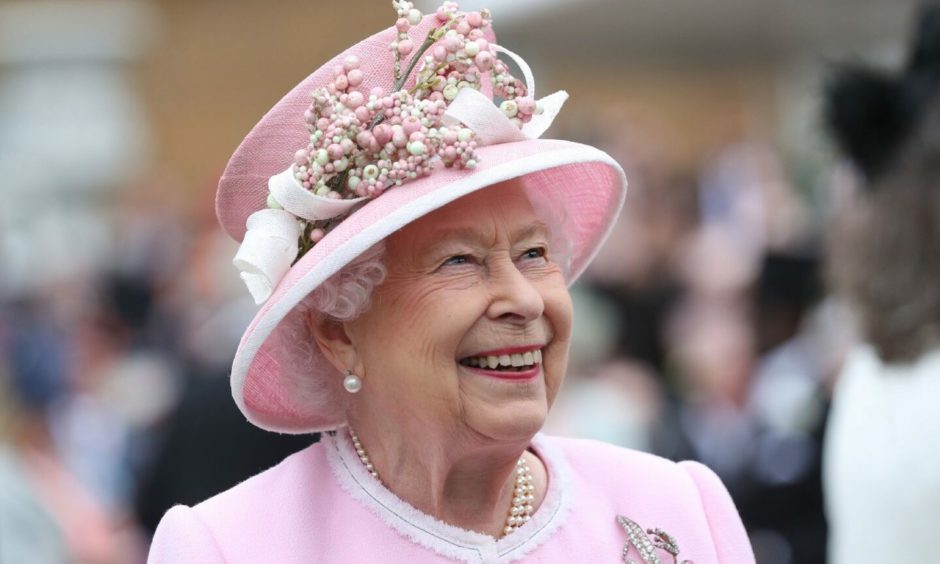
The forgotten-but-not-yet-gone Willie Rennie was among those calling for openness over how the Queen and the SNP conspired to make the monarch the only Scottish landowner to be exempt from the forthcoming legislation.
I for one won’t be happy until we have a photo of Rennie, John Alexander and the Queen in full beach attire celebrating the opening of a new ground source heat pump at Balmoral.










